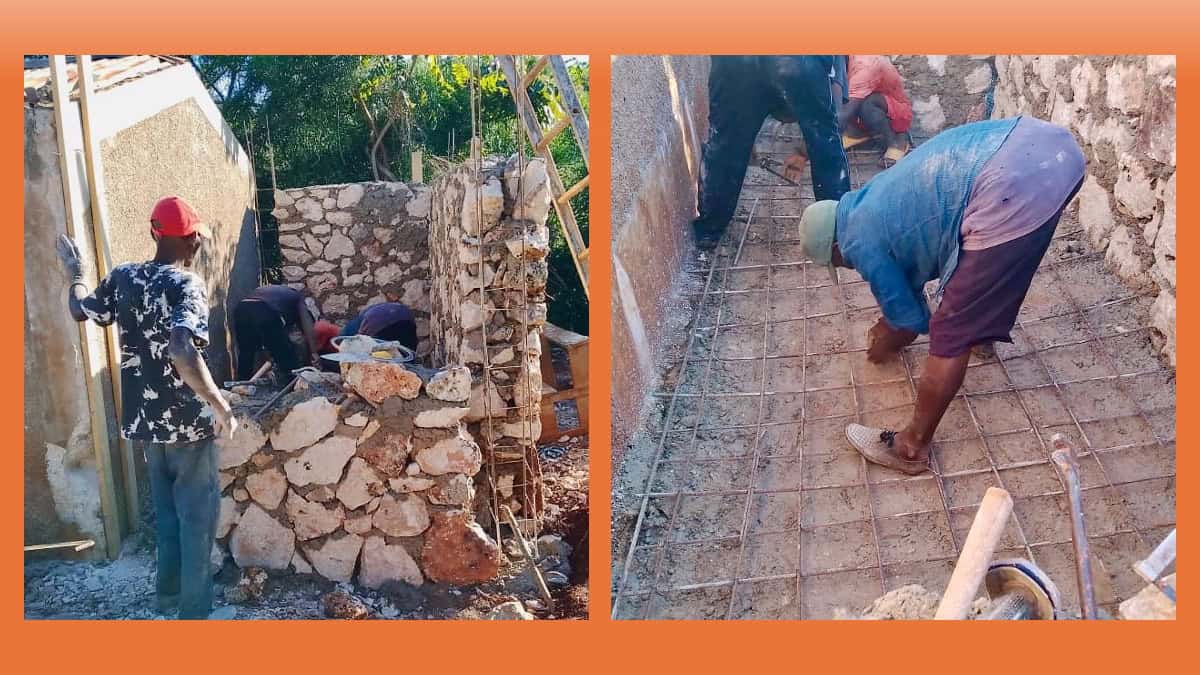
May 30, 2011
I (John Engle) had the opportunity to participate in research at Cirano, a Canadian-based think-tank. For some time, colleagues and I are trying to better understand the role of social exchange in people’s learning and decision-making. Click here to download the paper describing the research and findings. Below is a brief summary of this paper. We are extremely grateful to CIRANO, and particularly to James Engle-Warnick for inviting our involvement in this research.
Participatory development is an increasingly popular approach to development policy and program implementation. Part of its popularity is due to its potential to reinforce the role of social capital. We present an experiment in which we test for the effect of participating in a social exchange exercise on revealed risk and ambiguity preferences. In our experiments, subjects make choices over lotteries that reveal their risk and ambiguity preferences. They then participate with a small group in an unstructured on-line chat. After the chat, they reconsider their choices in the risk and ambiguity instruments. In a control session, different subjects view, but do not participate in, past chats. Through a content analysis we investigate the role of chat content and chat participation on changes in revealed preferences. We compare our results to the “Discovered Preferences Hypothesis” (Plott, 1996) and “Fact-Free Learning” (Aragones, Gilboa, Postlewaite, and Schmeidler, 2005). Our results suggest that the role of social capital in participatory development may operate through the social exchange of information, that is, when people have a voice.
Haiti Partners
PO Box 7882
Delray Beach, FL 33482
Email: hello@haitipartners.org
Phone: (772) 539-8521